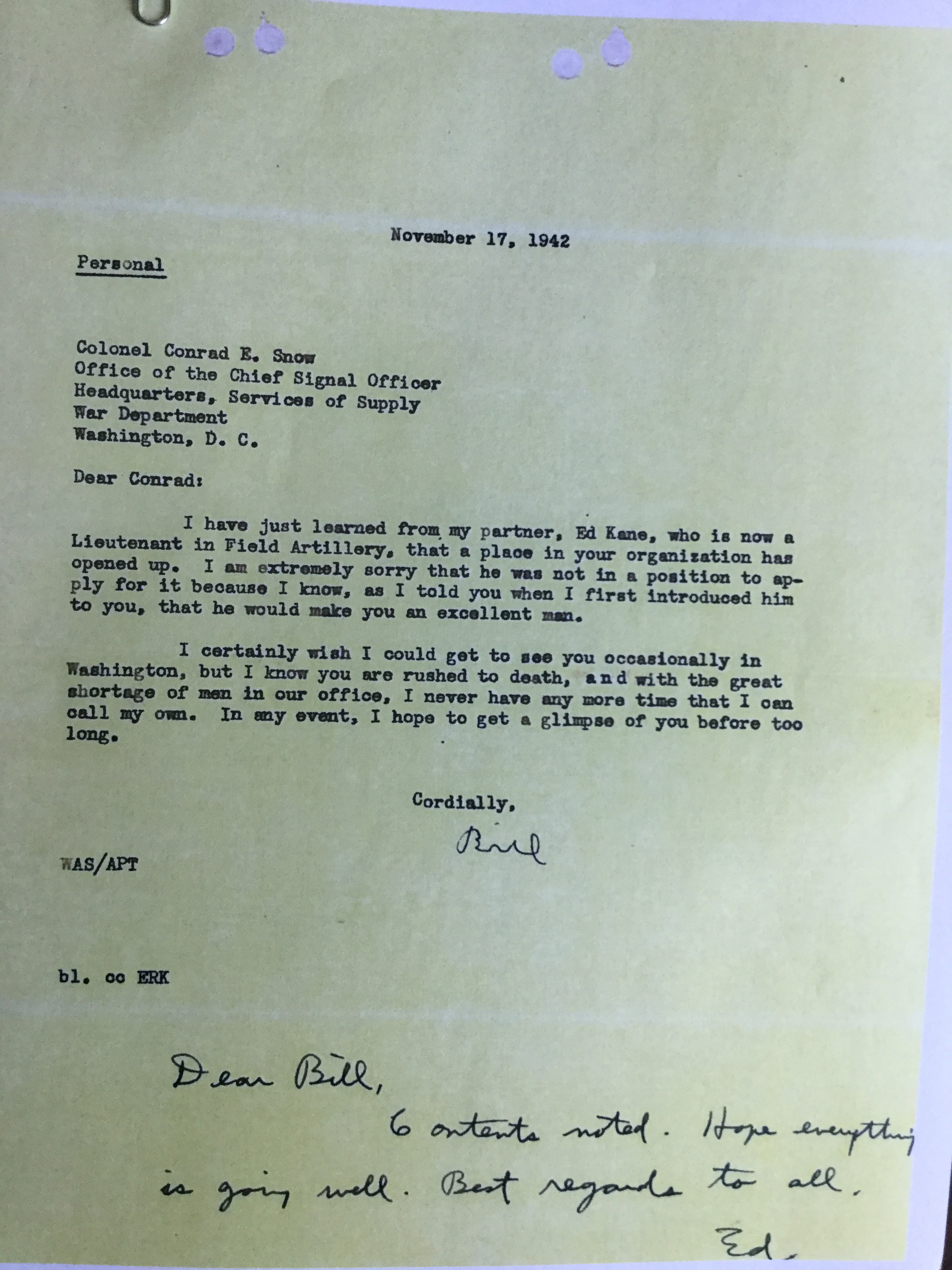
My wife and I attended our first “burn” at the recent 2023 Burning Man (in Black Rock City, Nevada). We were with our phenomenal Camp 3SP. This experience was great, and so powerful that in my view it warrants this blog post. This is not a legal post. It goes to what I believe is of paramount importance in helping each of us achieve a more enjoyable response to life. It is on the notion of maintaining the plasticity of our minds; more specifically our brain’s malleability or ability to change through the neuroplasticity of change or adjustments to our nerve cells.
NOTE: This non-legal blog post includes only my personal views. It includes no legal content on behalf of my law firm KaneTreadwell Law LLC, nor of its other members or personnel.
Plasticity requires that we — throughout our entire lives — make a conscious effort to remain open to taking into account the views and perspectives of others, especially when our initial (often habitual) response, frequently in closeminded fashion, is quickly to reject those other views and perspectives. This plasticity does not mandate us to accept or adopt these other perspectives, but rather that we at least in an internally tolerant manner maintain a more relaxed, open-minded response to differences.
Burning Man is a good example for this blog post, as I believe a great number of people have an immediate knee-jerk reaction to Burning Man, in most cases without ever having attended the event. Burning Man too often gets a preconceived one-sided rap for being nothing more than a hedonistic Woodstock. To the contrary, I could write dozens of pages about the compelling positive response we had to Burning Man. But below are merely a few key points in line with this plasticity idea.
One, The cooperative civility and generosity of spirit among everyone at Burning Man (all age groups) with whom we crossed paths fit perfectly with Burning Man’s wonderfully effective 7 square mile temporary metropolis layout. Every person we met displayed a noticeable spirit of friendly, open-armed kindness; both in spirit and from the thousands of other attendees (burners) who in droves gave out free drinks, hot chocolate, hors d’oeuvres, clothing (especially free funky costume clothing), cool-water-misting for bicycling passers-by, etc. (virtually everyone had bicycles). All with absolutely no feeling whatsoever of quid-pro-quo [and no commercial or corporate sponsors, etc.].
Two. Burning Man includes ten principles that attendees are asked to accept prior to attending the event, as follows: (i) radical inclusion; (ii) gifting; (iii) decommodification; (iv) radical self-reliance; (v) radical self-expression; (vi) communal effort; (vii) civic responsibility; (viii) leaving no trace; (ix) participation; and (x) immediacy. These principles were powerfully palpable among everyone we met at Burning Man. Click here for the Burning Man ten principles.
Three. Now back in my “real” lawyering world, and though I have absolutely no objection to the requirements that we lawyers dress, for example, professionally to meet with clients, or appear in court, the unbounded latitude at Burning Man as to how one chooses to dress was a noticeably enjoyable part of the experience. My sense is that everyone at Burning Man experienced a powerful degree of tremendous, pent-up freedom and joy in being able to dress entirely at whatever whim or desire they chose.
Four. Yes, no doubt, certain “recreational” elements were available at Burning Man. My view, in and out of Burning Man, is that these are realistic elements in any society, the suppression of which throughout history has created (and continues to create) greater long-running problems and detrimental consequences. Burning Man’s cooperative civility, kindness, and extremely effective layout design, coupled with these more realistic recreational elements, provided a societal template that one could argue is potentially more effective than our “real” world outside of Burning Man.
Five. This last point goes directly to this notion of plasticity. Keep in mind I am not trying to compel anyone to arrive at a particular conclusion or reaction to Burning Man. But if you find the idea of Burning Man entirely off-putting, I recommend you listen to the following podcast I heard a couple days ago that centers on a phenomenal philosophical observation of our current “real” world society. This podcast is an excellent bookend in contrast to Burning Man. A comparison of these two perspectives might help trigger a moment of expansive plasticity, regardless of your ultimate view one way or the other about this Burning Man post. Click here for this recent “Philosophize This!” Episode no. 188, titled “Achievement Society and the rise of narcissism, depression and anxiety — Byung-Chul Han”.


